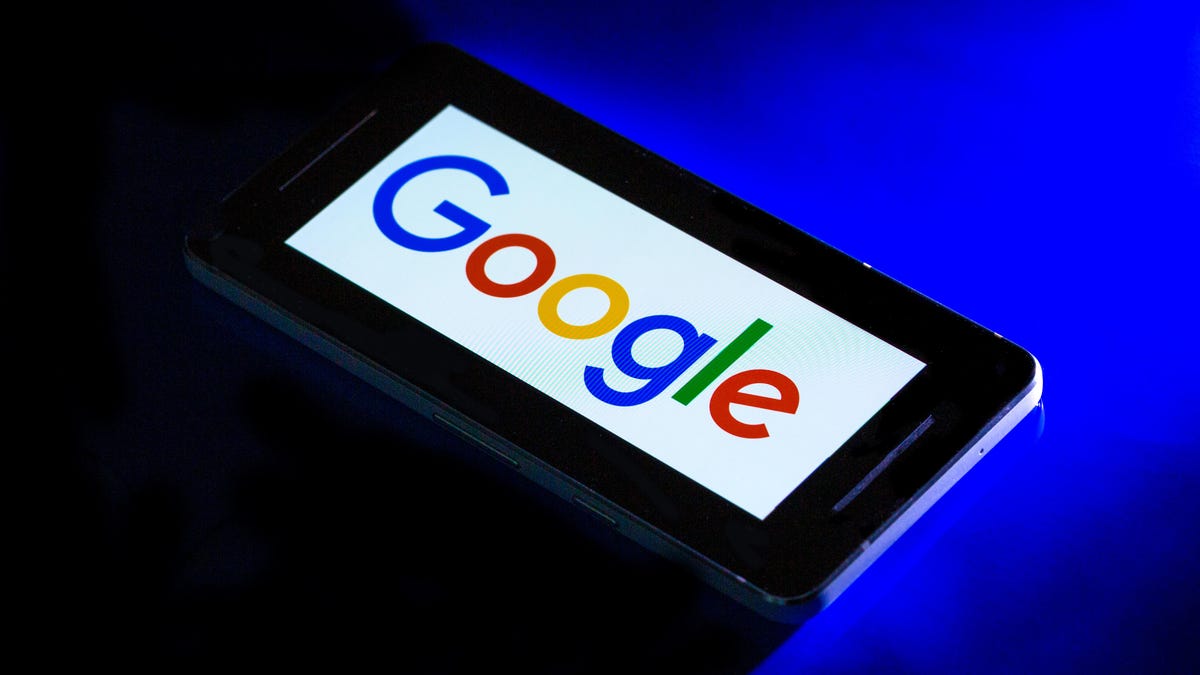Google to translate and transcribe conversations in real time
The search giant previews the mobile phone feature at an artificial intelligence event in San Francisco.

Google on Tuesday unveiled a feature that'll let people use their phones to both transcribe and translate a conversation in real time into a language that isn't being spoken. The tool will be available for the Google Translate app in the coming months, said Bryan Lin, an engineer on the Translate team.
Right now the feature is being tested in several languages, including Spanish, German and French. Lin said the computing will take place on Google's servers and not on people's devices.
The search giant announced the tool at a press event in San Francisco, where the company showed off other artificial intelligence projects, including initiatives in health tech and touch controls for fabrics.
A demo of the translation feature at work.
Google has made a big push in natural language technology. Last year, the company introduced an interpreter mode for the Google Assistant, which lets people speak back and forth in two different languages. The tool was at first available only on smart displays, but last month Google brought the feature to phones.
More broadly, Google has invested heavily in AI and machine learning. Google made major waves last year when the company announced it had achieved quantum supremacy. Google said it designed a quantum processor called Sycamore, which in 200 seconds completed a task that, by the company's estimate, would take 10,000 years on the world's fastest supercomputer.
The search giant has also talked a lot lately about how AI should be developed in the future. Google and Alphabet CEO Sundar Pichai said last week that he thinks AI should be regulated, to prevent the potential negative consequences of things like deepfakes and facial recognition. "There is no question in my mind that artificial intelligence needs to be regulated," Pichai wrote in an op-ed for the Financial Times. "It is too important not to. The only question is how to approach it."
Google has already come up with a set of ethical guidelines for AI to dictate how the company will create and deploy its software. The guidelines came after employees protested against a contract Google signed with the Pentagon to help develop AI for the analysis of drone footage. Those guidelines include vows to never develop AI for weaponry and to create only technologies that are "socially beneficial."
"It's really important for us to be thinking about 'What are the implications of this work?'" Jeff Dean, head of Google AI, said at the event Tuesday. "We have a framework for understanding where we can take this research and apply these approaches to solving different problems."
At the event, Google also previewed a handful of other AI initiatives. One project is called I/O Braid, which lets people control a device by interacting with a wire. For example, you could start, stop and control the volume of music on your phone by twisting or pinching the fabric wire of the earbuds. Another project, part of Google Health, was aimed at trying to detect anemia in patients.

